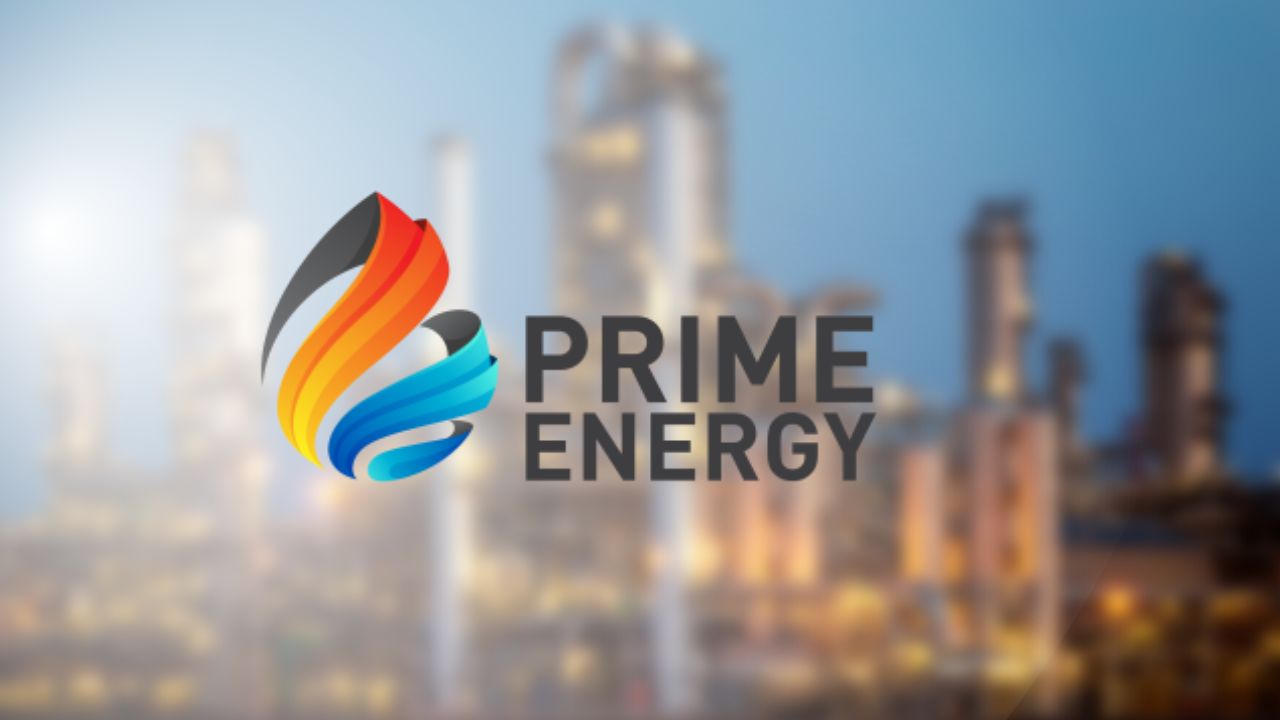
As Eastman Chemical Co. prepares to expand its Longview-area plant with a $1.2 billion plastic recycling facility, a proposed air quality permit submitted to the Texas Commission on Environmental Quality provided the clearest picture yet of what the new build could mean for local air pollution.
In a statement to the News-Journal, Eastman said it has taken every available precaution to mitigate risks to nearby residents, though environmental groups say it's impossible to fully control pollution at chemical facilities as large or complex as Eastman’s, which already struggles with cancerous air emissions. The molecular recycling plant announced in March will be installed at the existing Harrison County site just outside the Longview city limits and use a proprietary process called methanolysis to deconstruct an estimated 110,000 tons of waste plastic and turn it into recycled plastic products. The permit application was submitted in late August and sought approval for roughly 114 tons of additional air pollution each year, including 53 tons of volatile organic compounds, which can be cancer causing to humans.
Multiple scrubbing systems that remove harmful contaminants were detailed in the application. Some of those systems are more than 99% efficient at filtering out specific pollutants when working properly, according to the EPA. “Eastman has proposed additional monitoring not required by state or federal regulations to ensure we are doing everything we can to minimize emissions,” said Kristin Parker, a company spokeswoman.
“We will also conduct monitoring beyond what is required by state or federal regulations.” “This approach to air emissions is consistent with current practices by Eastman to protect the air quality in the region where our employees reside,” Parker said. Environmental groups and clean air advocates say pollution control technology creates a false sense of security by masking a fundamental vulnerability at large plants: the labyrinth of pipes, valves and chambers routing chemicals around the 1-square-mile facility introduce endless failure points.
“The problem with facilities like Eastman’s is they constantly leak,” Jane Williams, chair of the Sierra Club National Clean Air Team, told the News-Journal last year. “It’s not what comes out of the smoke stacks, it’s what comes out from all those leaks all the time.” Alexandra Shaykevich, a researcher at the Environmental Integrity Project, said the pollution numbers outlined in the August application are unlikely to reflect the full extent of new emissions created by the recycling plant.
“What you see in the application summary is really just one piece of the puzzle,” Shaykevich said. “It doesn't capture any unpermitted emissions that a plant releases during so-called ‘emission events.’” The term refers to the unplanned release of pollution caused by startups, shutdowns, malfunctions or human error at a plant.
So far this year, Eastman’s Longview plant has expelled more than 40,000 pounds of pollution during emission events, according to the TCEQ STEERS database. Around 700 pounds of ethylene oxide, a highly carcinogenic gas produced on site, were released. “This plant definitely has some issues, but this is actually really common at large petrochemical plants,” Shaykevich concluded after examining Eastman’s 2024 emissions event data.
Eastman and other plastic, fossil fuel and chemical companies have invested vast sums of money in developing what they call “the circular economy,” positioning plastic recycling facilities like the one proposed for Harrison County as a solution to the crisis of plastic waste. “Our innovative molecular recycling project is part of Eastman’s ongoing efforts to help solve the world’s plastic waste problem without creating new environmental problems, and no emissions from this facility are expected to pose any risk to surrounding communities,” said Parker, the Eastman spokesman. According to an earlier News-Journal interview with Parker, the Longview facility will divert as much as 243 million pounds of plastic from landfills every year — or enough to fill Tennessee's 100,000 seat Neyland stadium two-and-half times.
Those claims, too, are disputed by environmental groups, as well as the notion that plastic recycling technology should eclipse efforts to aggressively phase-out single use bottles, packaging and containers. Like other clean air advocates attempting to assess the burgeoning plastic recycling industry, Shaykevich concedes that there’s still more to learn about Eastman's process. Globally, only one commercial-scale methanolysis plant is in operation at Eastman’s Tennessee campus.
“It's kind of a black box, because I think Eastman is the only company using this process,” she said. “But we should be cautious. They want to convince folks that this is something that isn't bad for the environment, and it's really just a lifeline to keep producing plastics and consuming oil and gas.
”.














